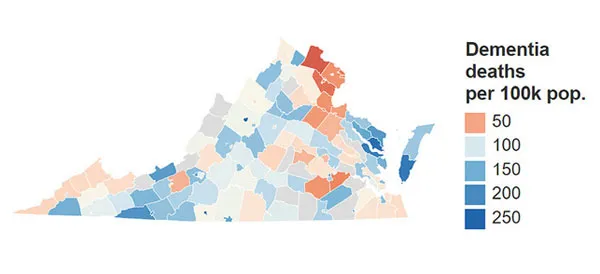Related

Henrico officials looking into reports of low water pressure in West End and Sandston
Henrico County officials are investigating multiple reports of low water or reduced pressure in the area of John Rolfe and Ridgefield parkways in Henrico's West End. The county also is working to fix a water main break that has caused low water pressure near Mechanicsville Turnpike in Sandston,
Click here to read more
Postal carrier in Glen Allen robbed of mailbox keys at gunpoint
Law enforcement agencies across Central Virginia have been dealing with armed robberies of postal carriers in recent months. However, most of the time, the robbers have not asked for money or mail. The latest robbery happened last Wednesday in Glen Allen after three young men robbed a mail carrier in
Click here to read more
Mom saves baby during alleged road rage shootout in Henrico
A 9-month-old baby girl was caught in the crossfire of a shootout in Henrico on Wednesday evening, Crime Insider sources tell Jon Burkett. Crime Insider sources say the incident began when a sedan hit a pickup truck near Vawter Avenue. The sedan started to drive away after the crash, according
Click here to read more
Chiropractor with patients in Henrico has license suspended after investigation finds sexual contact with patients
A chiropractor who saw patients in Hanover and Henrico counties can no longer practice after the Virginia Board of Medicine suspended his license following allegations of sexual contact with multiple patients. Schuyler Matthew Whelan's license was suspended on June 26 after board members concluded he posed "a
Click here to read more
